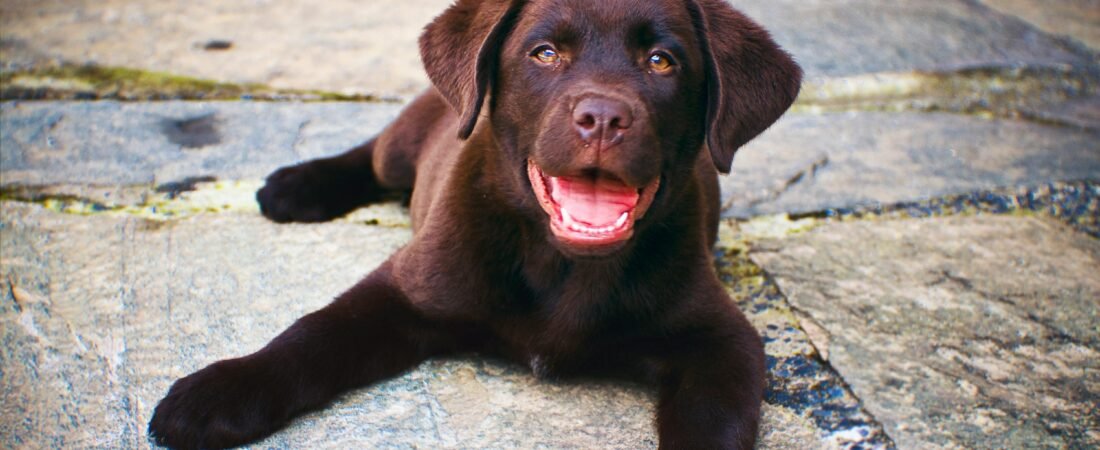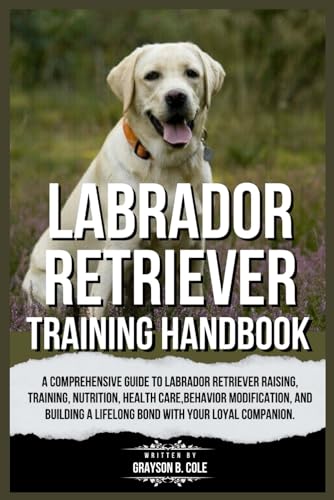This post contains affiliate links. If you purchase through these links, we may earn a commission at no extra cost to you.
Feeding Your Labrador Retriever
Feeding your Labrador Retriever puppy is crucial for their growth and development. A balanced diet rich in protein, fats, and carbohydrates will support their energy levels and overall health.
Labrador Retriever puppies grow rapidly in their first year, so proper nutrition during this stage is critical. Feed them a large-breed puppy formula that’s specifically designed to support slow, steady growth and prevent joint issues like hip dysplasia. These formulas contain the right balance of protein, fat, calcium, and phosphorus for healthy development.
Puppies typically need 3 to 4 small meals a day until they’re around 6 months old. After that, you can reduce to two meals daily. Always follow the feeding guidelines on the dog food label, but adjust based on your puppy’s weight, activity level, and your vet’s advice. Avoid free-feeding, as Labs love to eat and can easily become overweight even as puppies.
Consistent feeding routines and portion control from an early age will set the foundation for a healthy, happy adult Labrador.
Opt for high-quality puppy food that meets the AAFCO standards. Divide their meal into multiple feedings each day to prevent obesity, which Labradors are prone to. (see “Best Dog Food brands for Labradors” & “Feeding Your Labrador Retriever, Why Age Matters”),
Training Your Labrador Retriever: Tips for Success
Labrador Retrievers are one of the most trainable dog breeds thanks to their intelligence, eagerness to please, and sociable nature. However, their high energy and playful attitude mean early and consistent training is essential to raise a well-mannered companion.
Start Early: Begin basic obedience training as early as 8 weeks old. Training is essential for your Labrador Retriever’s behavior and social skills. Start with basic commands like ‘sit,’ ‘stay,’ and ‘come’. Short, positive sessions (5–10 minutes) work best for puppies. Use positive reinforcement techniques such as treats and praise to encourage good behavior. Socializing your puppy with other dogs and people early on can help them become well-adjusted adults. Remember, consistency is key! Keep using treats, praise, and toys as rewards to keep training fun and engaging.
Be Consistent: Labs thrive on routine. Use the same cues and reward system each time, and make sure all family members are on the same page to avoid confusion. Consistency builds trust and reinforces learning.
Socialization is Key: Expose your Lab to various people, pets, sounds, and environments during puppyhood. This reduces the chances of fear-based behaviors and makes your dog more adaptable and confident.
Curb Bad Habits Early: Labradors are notorious for jumping, chewing, and pulling on the leash. Redirect chewing to appropriate toys and teach leash manners with patience and repetition. Training tools like harnesses and clickers can be helpful when used correctly.
Advanced Training: As your Labrador masters basic obedience, consider enrolling in advanced classes or trying activities like agility, scent work, or retrieving games. These mentally stimulate your Lab and strengthen your bond.
Stay Positive and Patient: Harsh punishment can damage trust and is ineffective long-term. Positive reinforcement and calm correction yield the best results.
With time, consistency, and encouragement, your Labrador Retriever will become a well-behaved, loyal family member who’s a joy to be around.
Exercising Your Labrador Retriever
Labrador Retrievers are energetic dogs that require regular exercise to maintain their physical and mental well-being. Aim for at least an hour of exercise each day, which can include walks, playtime in the yard, or visits to a dog park. Engaging them in games like fetch can also sharpen their retrieval instincts while providing the necessary activity.
In addition to exercise, ensure you devote time to grooming and regular vet check-ups to keep your Labrador healthy. With the right feeding, training, and exercise, your Labrador Retriever will thrive, bringing joy to your home for many years to come.








